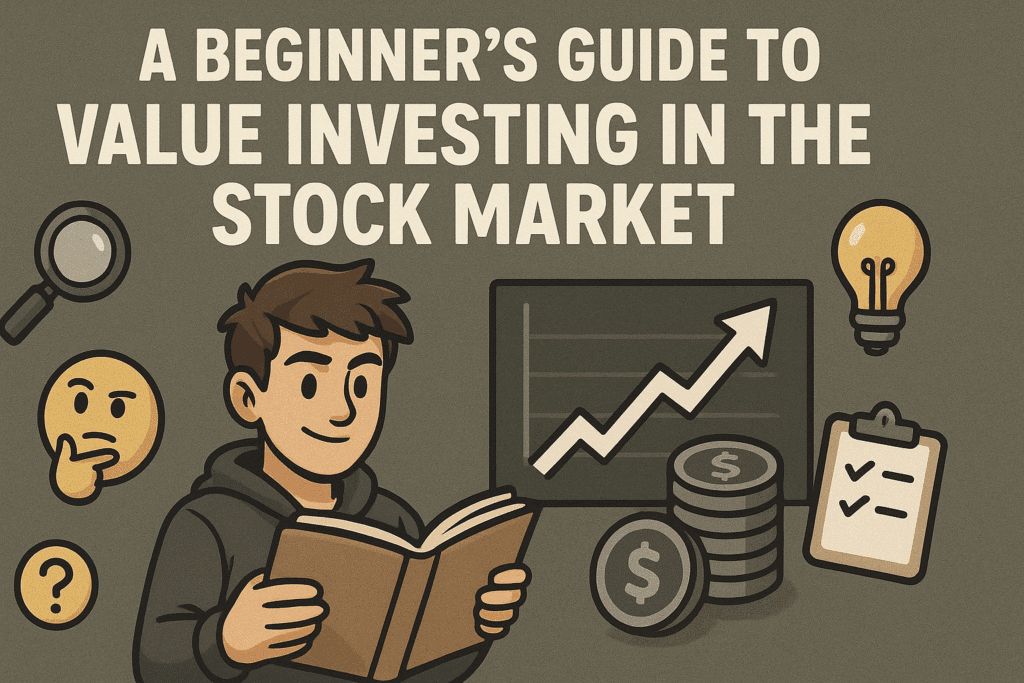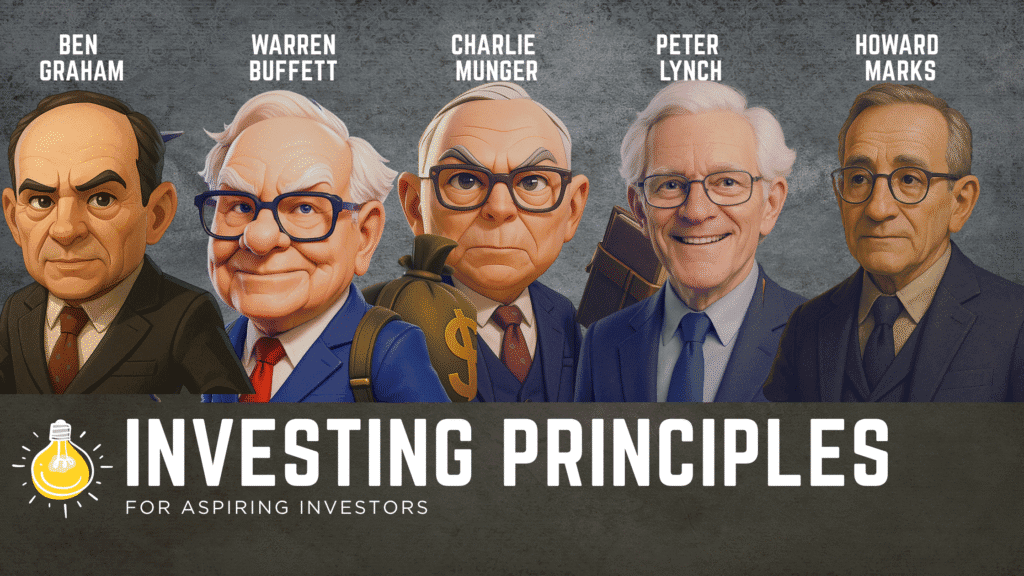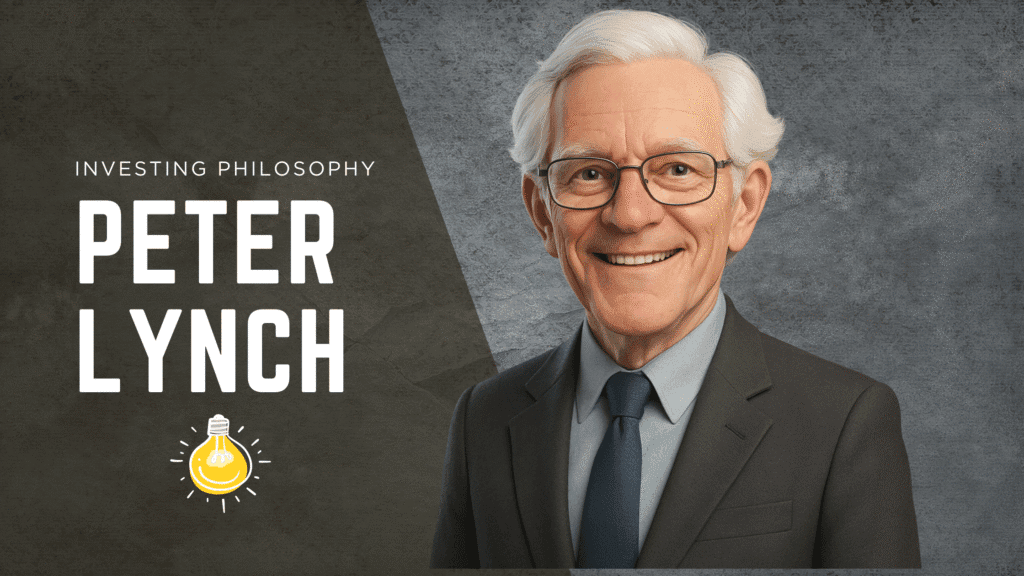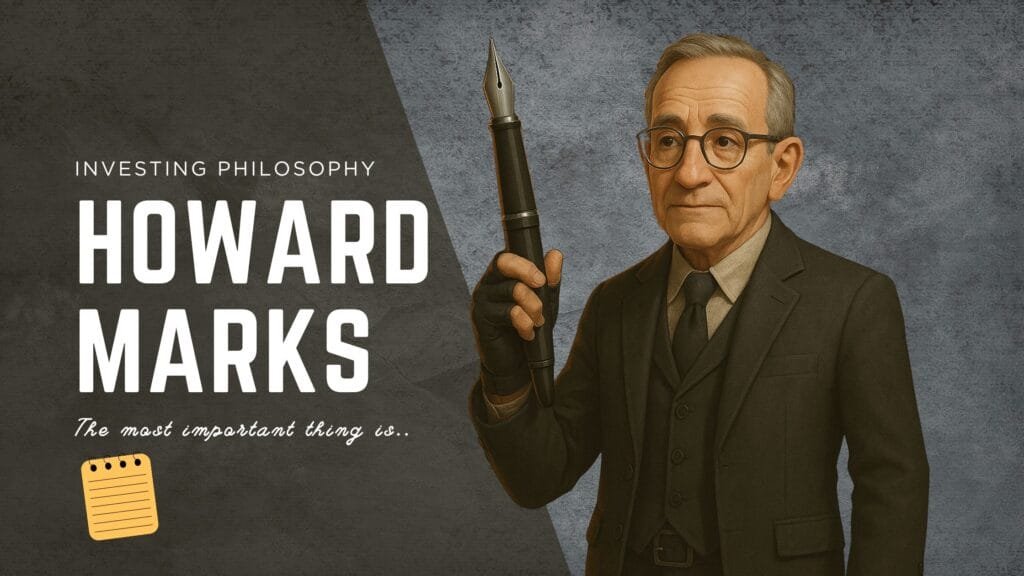Why Journaling Can Make You a Better Investor
With Insights from Warren Buffett, Charlie Munger, Howard Marks & More
In the world of investing, knowledge compounds — but only if we reflect, learn, and record it. That’s why some of the world’s most successful investors keep detailed journals of their decisions, thoughts, and emotional states. Investing isn’t just a numbers game — it’s a mental game. And journaling is one of the most powerful tools to sharpen your mind.
In this article, we’ll explore why investor journaling matters, how it’s been used by legendary investors like Warren Buffett, Charlie Munger, and Howard Marks, and how you can get started.

Why Journaling Matters for Investors
Investing isn’t just about numbers — it’s about judgment, timing, temperament, and discipline. Every decision you make is colored by the market conditions at that moment, your emotional state, and the information you had on hand. The problem? All of that changes.
When you look back six months or a year later, the market, the facts, and even your own opinion may have shifted. This is why journaling is such a powerful tool for investors — it locks in your reasoning in real-time.
A good investing journal helps you:
- Clarify your thinking before you buy or sell. Putting it in writing forces you to be specific and clear in your thinking.
- Capture your logic and emotions at the time of the decision — not just what you thought, but how you felt. Were you confident? Nervous? Did the hype influence you?
- Protect yourself from hindsight bias, the sneaky tendency to believe you “knew it all along” after the outcome is known.
- Spot patterns in your decision-making — do you tend to buy too early? Sell too late? Fall for story stocks?
- Track how your emotional state affects outcomes — learning to manage fear and greed is more valuable than any spreadsheet.
Howard Marks once said: “Experience is what you got when you didn’t get what you wanted.”
Your journal turns that experience into insight — helping you make better decisions over time. Warren Buffett and Charlie Munger always emphasized the value of rationality and reflection. Writing things down forces you to slow down and think hard before you press the buy button.
In short, journaling isn’t just about documenting your process — it’s about looking back at your decisions, analysing them, refining and improving the decision-making process.
What the Superinvestors Say About Journaling
Warren Buffett
Buffett is a living library of written thought. He doesn’t journal privately, but his annual letters to shareholders have become public journals of his investment philosophy, mistakes, and reasoning.
These letters show how writing regularly — even for others — can help reinforce discipline and decision clarity. He also frequently re-quoted portions of his past letters to reflect on those thoughts and how his thinking has evolved since then, hence using his past letters as a feedback loop.
Lesson: Even if you’re writing for yourself, think of your journal as your future self’s most trusted resource.
Charlie Munger
Munger didn’t keep a formal investing diary, but his philosophy reflects a mental model mindset — built over decades of reflection and synthesis. He often quoted:
“I never allow myself to have an opinion on anything that I don’t know the other side’s argument better than they do.”
— Charlie Munger
Munger’s approach was about understanding deeply and thinking broadly. A journal helps capture not just the positive/bullish facts and opinions about the stock you’re about to buy, it also forces you to think about the arguments against it, the risks involved, and the bear case for a stock.
Lesson: Use your journal to clearly articulate your bullish and bearish views. Argue in your own head against the overly positive bias.
Howard Marks
Howard Marks of Oaktree Capital is a master of reflective writing. His memos, written since the 1990s, function as journals — chronicling what markets are doing, why they might be acting irrationally, and how investors should respond.
“You can’t predict. You can prepare.”
— Howard Marks
He writes to clarify his own views — not just to share them. Many investors say they read his memos to calibrate their judgment in complex times. That’s what journaling can do: help you understand your thoughts well enough to explain them simply.
Lesson: Writing makes thinking visible. That’s why Marks journals — and why you should too.
Famous Examples of Investor Journaling
1. John Maynard Keynes
Keynes, the famous economist and fund manager, maintained a trading log that detailed every buy and sell decision. His early career was volatile, but his reflections helped him transition from speculation to long-term value investing — a shift that helped him change his philosophy.
2. George Soros
Soros kept detailed notes on all his trades. He would write down not only the rationale, but also his emotional state. This helped him spot when emotion — not logic — was driving his choices. It was crucial to developing his famous reflexivity theory.
3. Ray Dalio
Dalio’s entire “Principles” framework is based on reflection and documentation. Bridgewater famously has a culture of radical transparency, where decisions are dissected, written down, and used to build decision-making algorithms.
What to Record in Your Investment Journal
You don’t need to write essays. But here’s what great investor journals typically include:
- Date & Ticker (e.g., “2025-05-19 — $AAPL”)
- The Decision: Buy / Sell / Hold / Watch
- Reasoning: Why are you making this decision?
- Expected Outcome: What do you expect over 6–12 months?
- Risks & Uncertainties: What could go wrong?
- Emotional State: Are you feeling confident? FOMO? Fear?
- Follow-up Plan: When will you revisit this thesis?

How Journaling Helps You Beat the Market
Most investors don’t lose to the market because of a lack of information — they lose to their own biases and emotions. Journaling helps you:
- Avoid impulse decisions based on headlines or social media.
- Track your past mistakes and notice patterns.
- Stick to your strategy when fear or greed sets in.
- Learn from your own experience, not just others’.
Final Thought: It’s Not About Writing, It’s About Thinking
Buffett, Munger, and Marks didn’t become great just by reading — they became great by reflecting. And journaling is reflection made tangible.
If you want to improve your investment decisions, you don’t need to predict the market. You just need to understand your own process better, so that you can refine it over time. Journaling makes that possible.
Want a Tool to Help You Start?
Check out our FREE Tiny Taikun Investor’s Journal below — built to help you think clearly, track your decisions, and compound your wisdom. Click on the download button to get the spreadsheet in Excel of Google Sheets Format.
If you like journals and notebooks, you will love the Notebook that we’ve created, with each page sprinkled with wisdom from legendary investors such as Warren Buffett, Charlie Munger, Howard Marks, Ben Graham, and others.
‘Notebook of Wisdom’ with 160 Investing Quotes
The ‘Notebook of Wisdom,’ is a unique A5 size notebook featuring 160 inspiring quotes from legendary investors like Warren Buffett and Charlie Munger. With its elegant celadon green leather cover, premium paper, and free black-ink gel pen, its the perfect thoughtful gift for investors, students, or book lovers.
Shop @ Tiny Taikun
Featured products
‘Notebook of Wisdom’ with 160 Investing Quotes
Original price was: $99.00.$69.00Current price is: $69.00.AI Stock Research Checklist with Prompts
Original price was: $30.00.$15.00Current price is: $15.00.Canvas Print with Warren Buffett success quotes and caricature
Original price was: $119.00.$89.00Current price is: $89.00.










